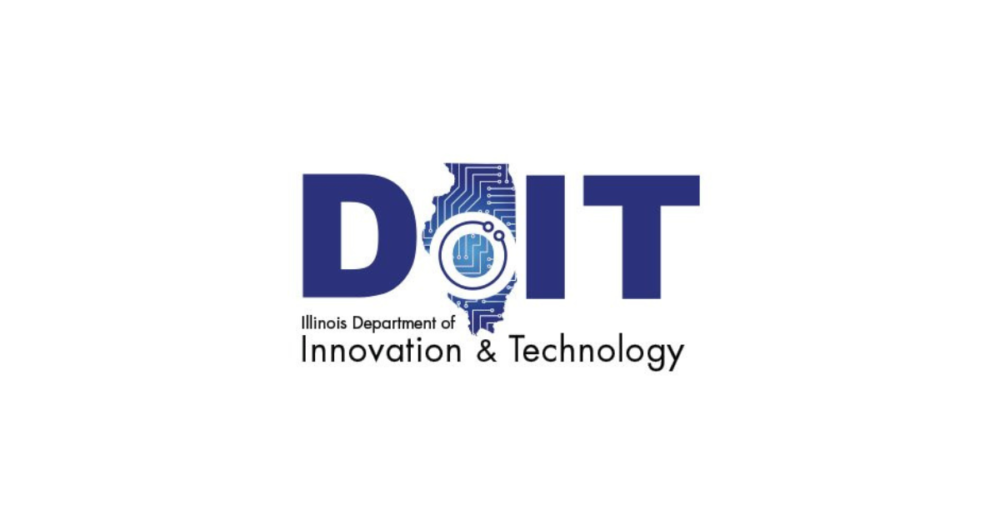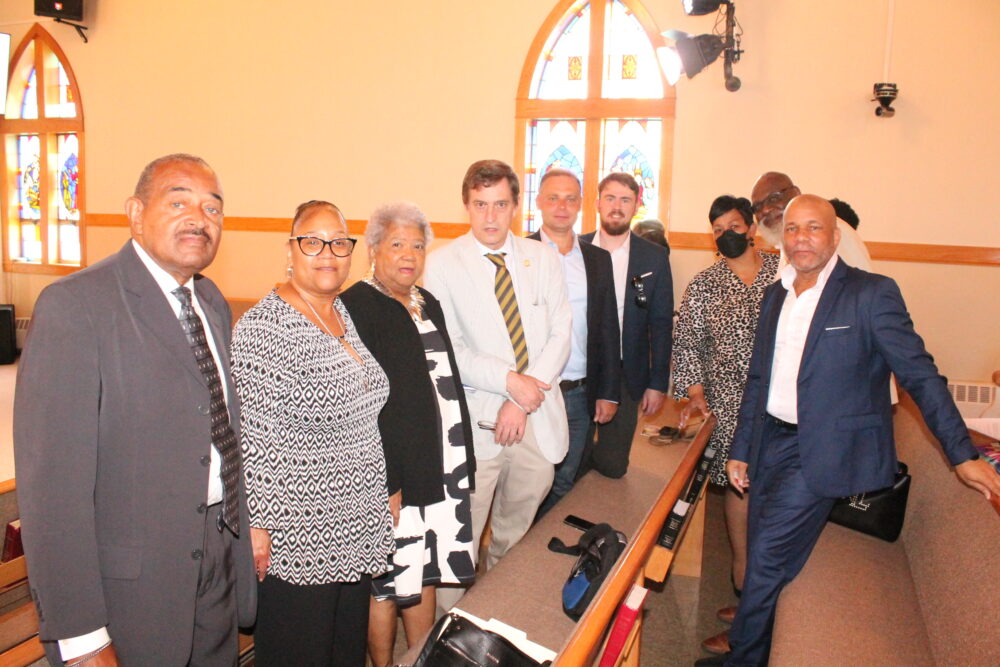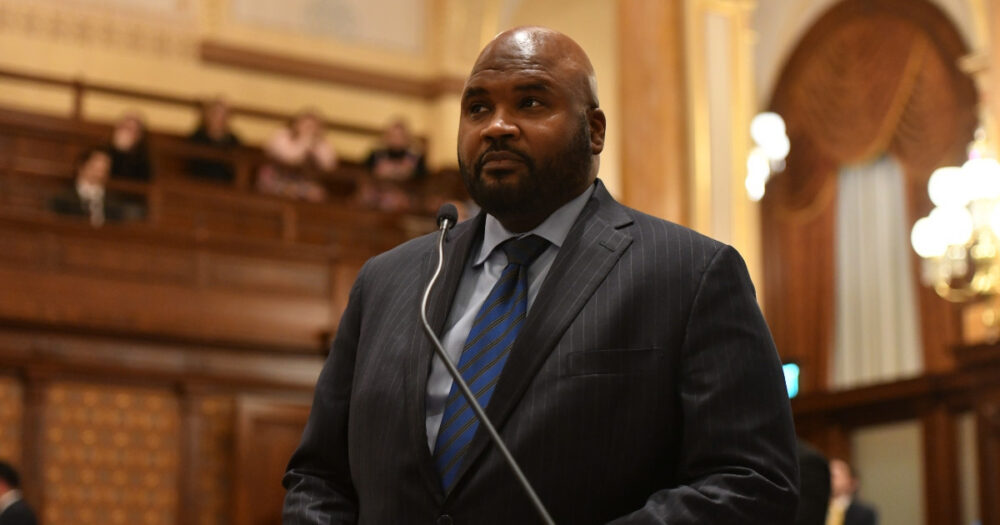Maryia Bahdanovich thought owning a home would be good for her financial future, and her young son. But she wondered if it was possible for a single mother to land that real estate unicorn — an affordable house, in good shape, in the pricey western suburbs.
She decided to at least try. In the 15 years since she arrived in the Chicago area from her native Belarus, Bahdanovich, now 39, had married, started a family, divorced, earned a college degree and settled into a good job as a contract administrator for a federal agency.
Advertisement
She started saving. By mid-2020, she was ready to buy, or so she thought.
The obvious starter property, a condo, was knocked out of contention due to COVID-19 precautions. “Sharing hallway space wasn’t safe,” Bahdanovich said.
Advertisement
Town houses and single-family houses were appealing, but out of reach. “I didn’t have any luck, because many people offered $10,000 to $40,000 over listing price, and I was not able to do that,” she said.
Last fall, her fortunes turned. A friend told her about a program run by the Kane-Elgin HOME Commission that buys, rehabs and sells a few houses a year, reviving fading properties for the benefit of moderate-income buyers. She took a home-buying class with H.O.M.E. DuPage, Inc., which helped her assemble complementary resources to solidify an offer for a house through the county program.
Bahdanovich’s $340,000 offer was accepted in January. She and her son moved in by late March.
Buyer assistance programs are designed for the long run, not to respond to rapidly changing market conditions. But as interest rates escalate and competition intensifies for the few houses on the market, staff at counseling programs are adapting the strategies they recommend to buyers. Increasingly, counselors help first-time buyers assemble “stacks” of complementary resources that can help them cope with rising house prices, escalating interest rates and other barriers.
In the past, home purchase assistance programs offered a patchwork of services with little coordination among nonprofits, lenders, developers and homebuyer education programs. Now, the players coordinate more closely, with lenders, counseling agencies and government programs collaborating on custom packages for each buyer.
There’s also a growing focus on helping moderate-income buyers sustain homeownership after they move in. ”If the first repair on the house puts you behind on your mortgage, that’s not the goal. You want this to build wealth, not deplete it,” said Katie Naftzger, a community investment officer with the Federal Home Loan Bank of Chicago.
Aspiring homebuyers with thin resources need all the help they can get. Record-low mortgage rates have been rising. In the third week of April, the average rate for a 30-year fixed-rate mortgage was 5.063% according to Bankrate, up from 3.13% during spring 2021.
Home prices show no sign of leveling off, either. Nationally, home values have escalated 32% in the past two years. Defying laws of supply and demand, higher prices are not prompting an increase in houses for sale. Quite the opposite: In the past year, the number of houses on the market has dropped 22.5%, according to the latest from Zillow, the home data and listing platform.
Advertisement
All these factors threaten to bury the hopes of moderate-income buyers. Homebuyer assistance programs are built for stable market conditions, in that they establish the amount and terms of aid in conjunction with the government and lenders. How much the programs can give or lend, and buyers’ qualifying income and financial history, are primary terms that are established annually and are not intended to vary with market trends. Their standby programs, which primarily focus on helping buyers tidy their credit histories, master budgeting basics and save down payments continue to be relevant. But to help buyers land a house, program staffers are getting creative with mixing and matching long-standing programs.
Habitat for Humanity, the Georgia-based nonprofit developer, is well-known for its “sweat equity” program that enables low- and moderate-income buyers to earn their houses by helping with construction. The Chicago branch of Habitat for Humanity operates in two South Side neighborhoods and is expanding on the West Side, said Jennifer Parks, executive director. Habitat often acquires low-cost vacant lots from Cook County and the city of Chicago, which paves the way for reasonable construction costs. In some cases, Habitat lends its own money to buyers, she said.
It took Chicago health care worker Lisa Harris, 42, two years to complete homebuyer education programs, repair her credit and save a down payment, but it paid off when she moved into her Habitat for Humanity house last December.
“I was amazed,” said Harris, at the cumulative effect of the programs on her ability to earn the house, which now has a market value of $179,000. Her assistance stack included a federal down payment grant and another $6,000 grant to cover closing costs. Harris also benefitted from extra earnings after she sharpened her professional skills through one of her home-buying preparation classes.
Habitat has broadened its reach and relevance with homeownership preparation classes that are now open to all. The classes help aspiring homeowners get their financial houses in order, understand the ups and downs of buying, owning and maintaining a house and learn how to navigate the steeplechase of buying a house, Parks said.
Advertisement
It’s imperative that hopeful buyers work with a counseling program approved by the federal Department of Housing and Urban Development, say officials at lending programs. Such counselors are adept at tapping the most relevant programs for each buyer. They also know which programs are phasing out.
The rapidly changing market means counseling programs that might have been relevant in the past three years work in different ways for today’s buyers, said Jesus Cruz, vice president of community lending for LoanDepot, an online lender. Some programs have expanded the upper limits of grants, low-cost bridge loans and income qualifications, so today’s buyers should get information directly from qualified housing counseling agencies and lenders’ own first-time buyer staff, he cautioned.
First-time homebuyers are increasingly looking at Federal Housing Authority financing products that allow them to fold the cost of rehabbing a fixer-upper into the initial loan for the purchase of the home, Cruz said.
Even dedicated potential buyers are playing an endless game of catch-up with the market, said Maria Luengas, a housing counselor with H.O.M.E. DuPage, Inc. She is working with an immigrant family of four whose annual income of $35,000 squarely qualifies them for an array of first-time buyer assistance programs. But even as the family doggedly worked and saved, rising interest rates have pushed them back. A year ago, the family qualified to buy a $165,000 house, but now can only afford a $145,000 house.
The mother in the family is now working, she said, in hopes that the extra income will overcome rising interest rates.
Additional help could be on the way for potential buyers like the family Luengas is working with.
Advertisement
Federal Home Loan Banks are required to set aside 10% of their annual net income to support affordable housing, and for the Chicago bank, that has resulted in the creation of a $43 million pot of money earmarked for buyer assistance and similar programs.
Primarily through a Federal Home Loan Bank-supported program called Down Payment Plus, last year 3,300 buyers received an average grant of $6,000 to add to their personal savings. Nearly all recipients of the Down Payment Plus grants were first-time buyers who qualified according to the programs’ guidelines — a household income no more than 80% of their area’s median income, which for Cook County last year translated to about $74,000 for a household of four.
The Illinois Housing Development Authority, a state agency that packages government resources into assistance for moderate-income buyers, has also revamped some programs to give lenders and coordinating local nonprofits more flexibility in combining resources for hopeful buyers, said Tara Pavlik, managing director for homeownership.
One IHDA program enables a buyer to expand a down payment of as little as $1,000 to as much as $10,000. Though the additional funds must be repaid, the interest rate is zero.
Advertisement
“That helps if you are competing for a house,” Pavlik said. “It helps bridge that gap.”
Join our Chicago Dream Homes Facebook group for more luxury listings and real estate news.







